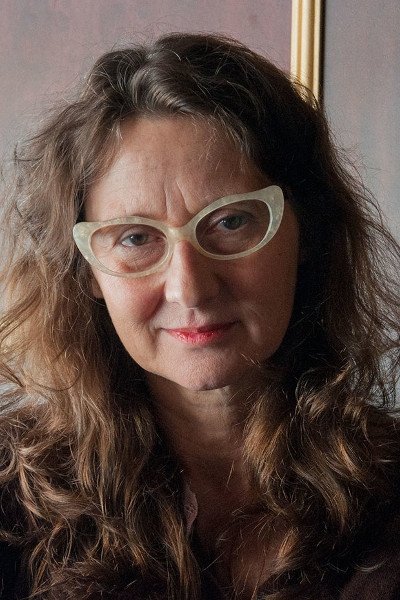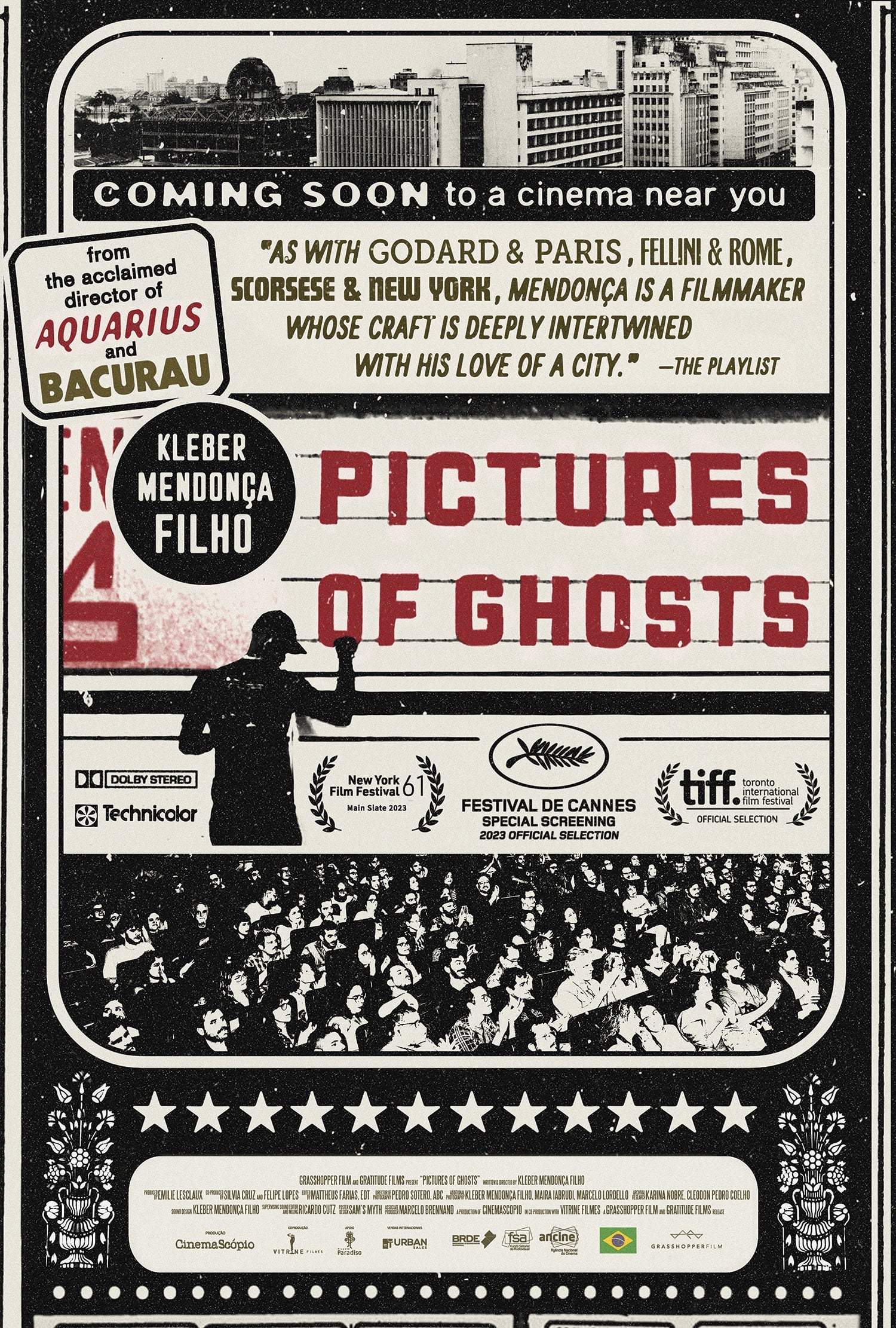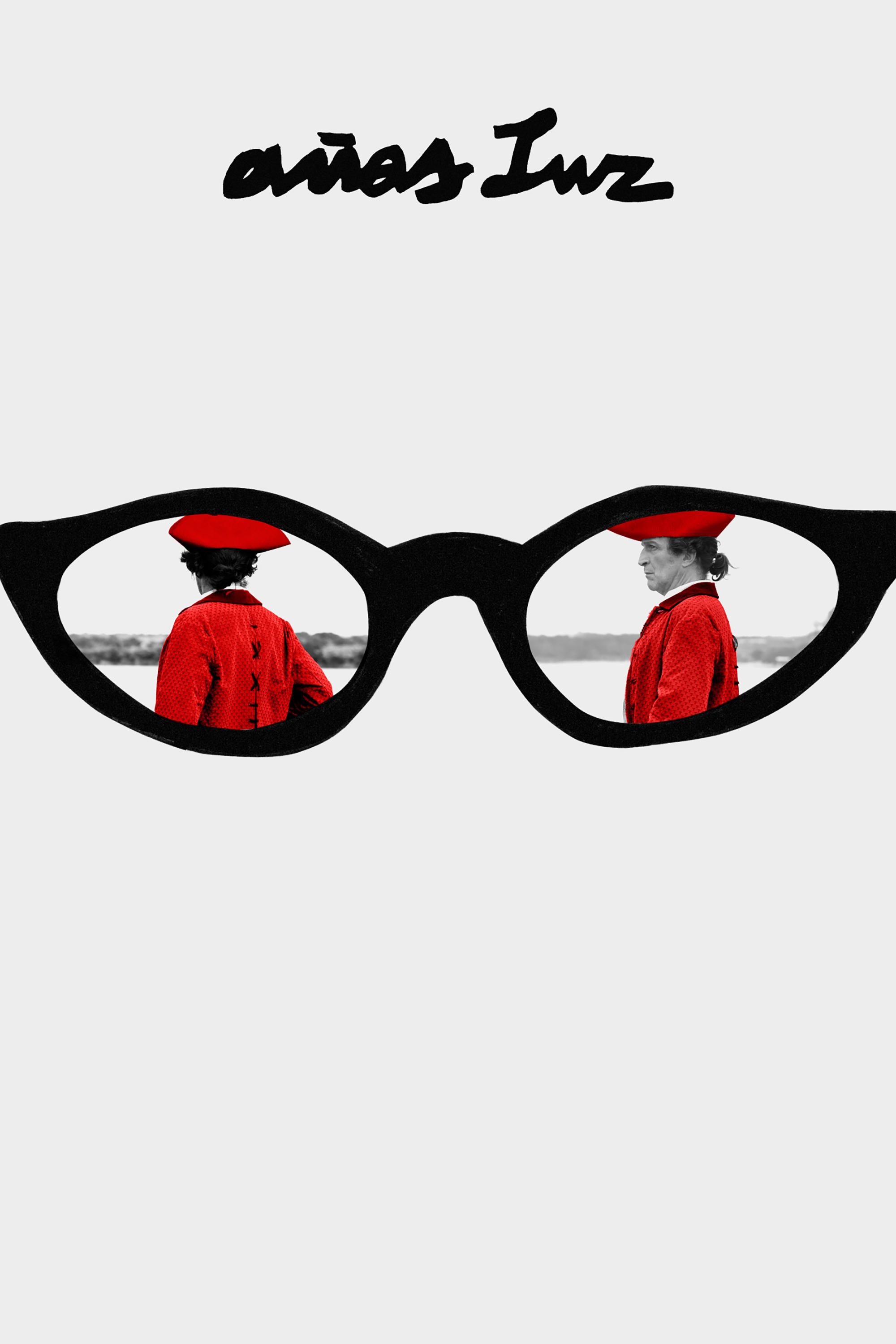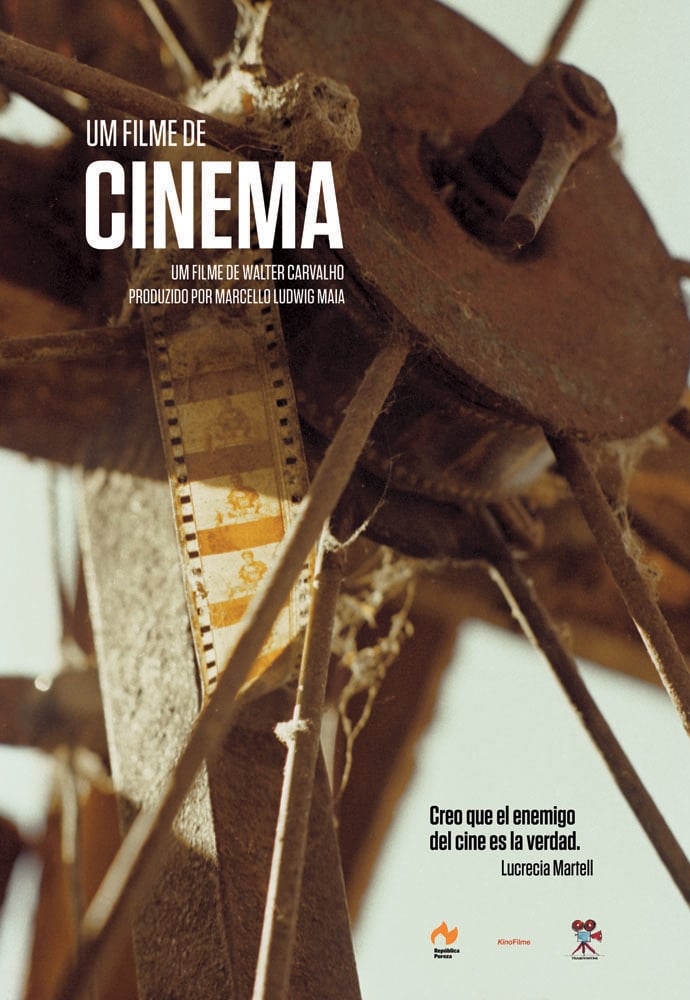

Downtown Recife’s classic movie palaces from the 20th century are mostly gone. That city area is now an archaeological site of sorts that reveals aspects of life in society which have been lost. And that’s just part of the story.

ZAMA (2017, Lucrecia Martel) didn’t come alone. It brought with her a shooting journal written by Selva Almada –El mono en el remolino– and this documentary by Manuel Abramovich, who, as a sound intruder, captured the meticulous work of the director from Salta and the warm, human, joyful precision.

An abandoned tumbledown theater in the outback of Paraíba state is the initial setting of a film about cinema, which explores the testimonials of the novelist and playwright Ariano Suassuna and other filmmakers such as Ruy Guerra, Julio Bressane, Ken Loach, Andrzej Wajda, Karim Ainouz, José Padilha, Hector Babenco, Vilmos Zsigmond, Béla Tarr, Gus Van Sant and Jia Zhangke. They all respond to two basic questions: why do they make movies and why do they serve the seventh art. The filmmakers share their thoughts about time, narrative, rhythm, light, movement, the meaning of tragedy, the audience‘s desires and the boundaries with other forms of art.
Lucrecia Martel (born December 14, 1966) is an Argentine film director, screenwriter, and producer. She is a part of the New Argentine Cinema wave of contemporary film-making that began in the mid-1990s.
By browsing this website, you accept our cookies policy.